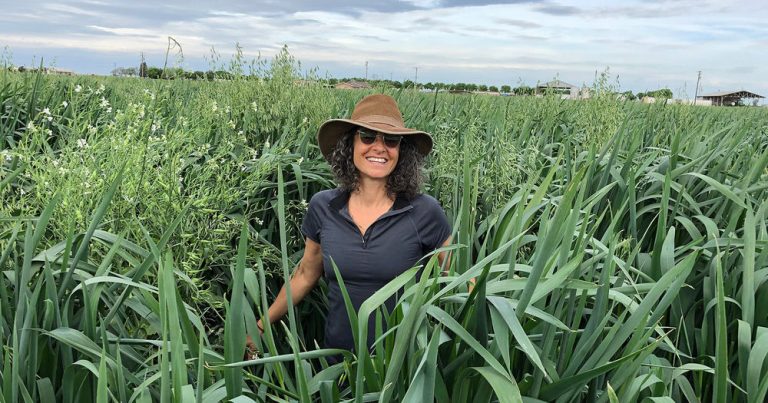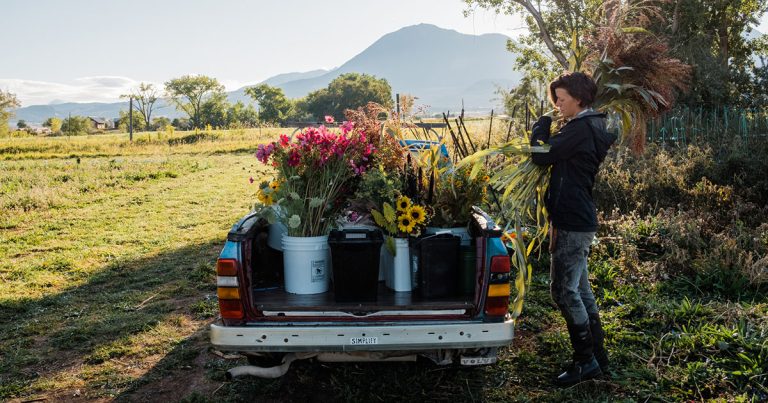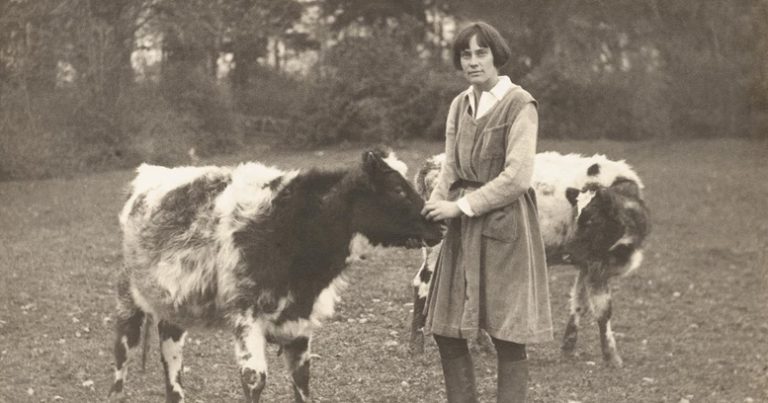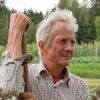Thursday, September 14 • 3 min read
From Bitcoin To Beetcoin

Woody Tasch
Founder, Slow Money Institute
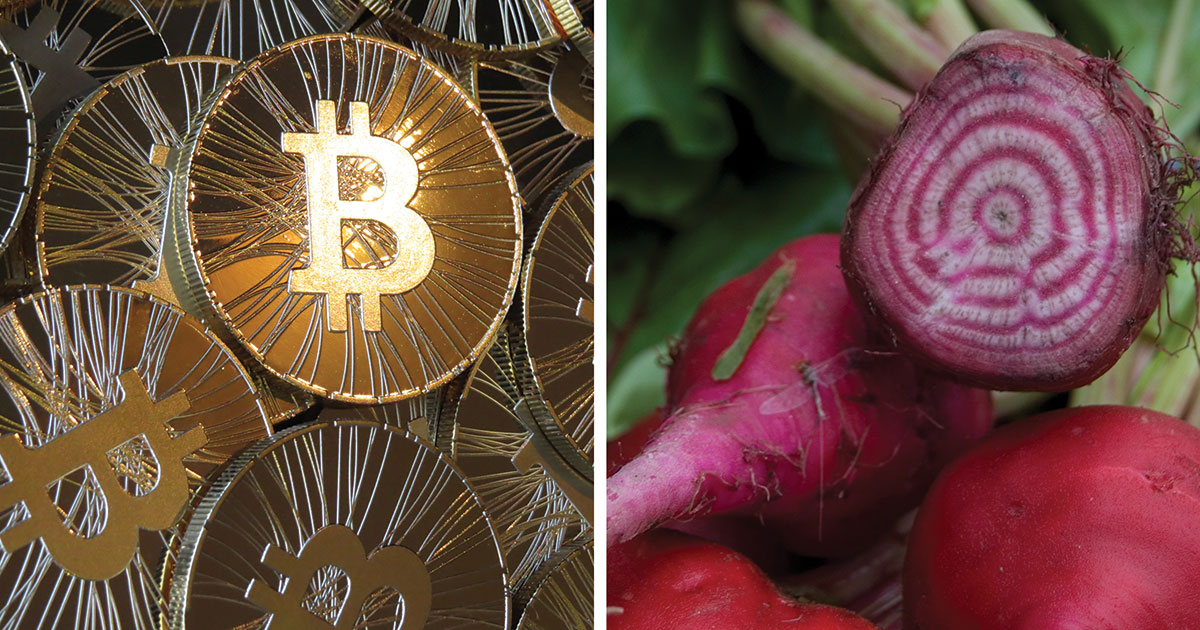
I don’t know what a bitcoin is.
I know how bitcoin is described in the media, that it is called a crypto-currency, that the Japanese programmer who created it is shrouded in secrecy, that it has been used by drug dealers, that venture capitalists are pouring billions of dollars into “mining” it, that websites feature pictures of virtual gold coins with “B” on it, that in a few urban spots there are BTMs, as in, Bitcoin Teller Machines, that it was created as a radical alternative to central banks’ fiat currency—I know all this but I if you ask me do I really know what bitcoin is, I’d have to say, no, not really.
Which makes me reflect upon so many other things in the “I Know That Department,” but which, were I to slow down long enough for full reflection, I’d realize “I Don’t Really Know That After All.”
I don’t know why the Gaussian copula formula morphed so wildly into an entire derivatives industry, almost pulling down the entire global economy.
I don’t know why the derivatives market is larger now, hundreds of trillions of dollars larger, than it was prior to the Great Recession.
I don’t know if GMOs are the derivatives of agriculture.
I don’t know whether the first human settlement on Mars will be American, Chinese, Russian or vegan.
I don’t know how much my financial security depends upon the next hundred million Chinese car buyers.
I don’t know why I can’t get the idea of hitting Vladimir Putin over the head with a bunch of heirloom beets out of my head.
But I do know who to thank for one of the most playful opening lines a novel ever had, “The beet is the most intense of vegetables.” Thank you, Tom Robbins.
And I do know I want my beets to be as fresh, as free of petrochemicals and as nutrient dense as possible, grown in healthy soil, rich in organic matter and home to happy earthworms and all manner (as in billions and trillions) of microorganisms, most of which still haven’t even been named.
And I do know I want my community to be home to a healthy population of small and mid-size diversified organic farms and all the small food enterprises that process and distribute their food, creating a vital foundation for a healthy, resilient local economy: fruit and vegetable growers, pasture based livestock operations, seed savers, compost makers, niche organic brands, coops, CSAs, farm to table restaurants, farmers’ markets, dairies, cheese makers, artisan bread bakers, school gardens, urban gardens and more.
So, with just a few moments of reflection, it has not been all that hard for me to look beyond the abstract, distant, speculation-riddled, financial razzmatazz of bitcoin and turn my attention to Beetcoin.
It’s beets without the stains on your cutting board. It’s a new kind of soil-centered, local-food-nurturing, pay-it-forward-enabling crowd funding. It’s as much fun as you can have without going to a Slow Money meeting.
